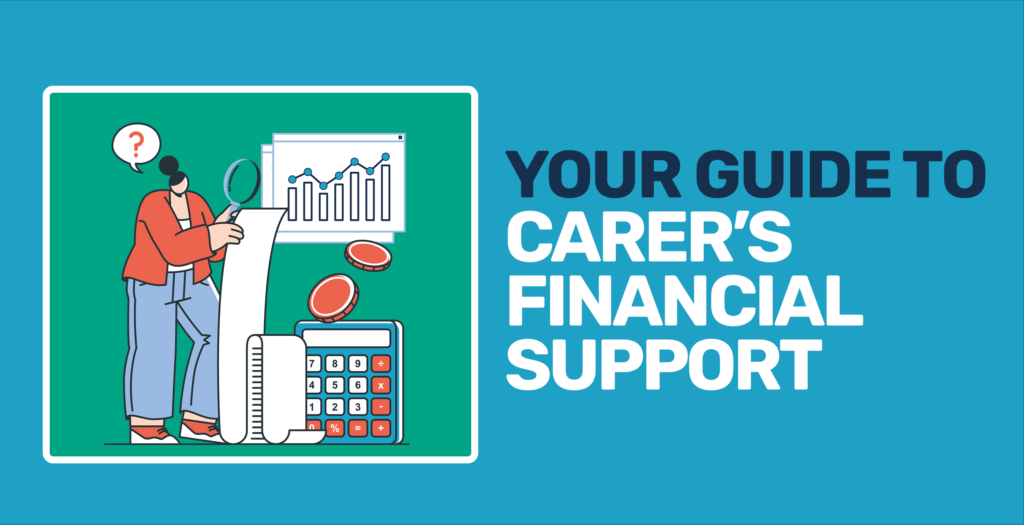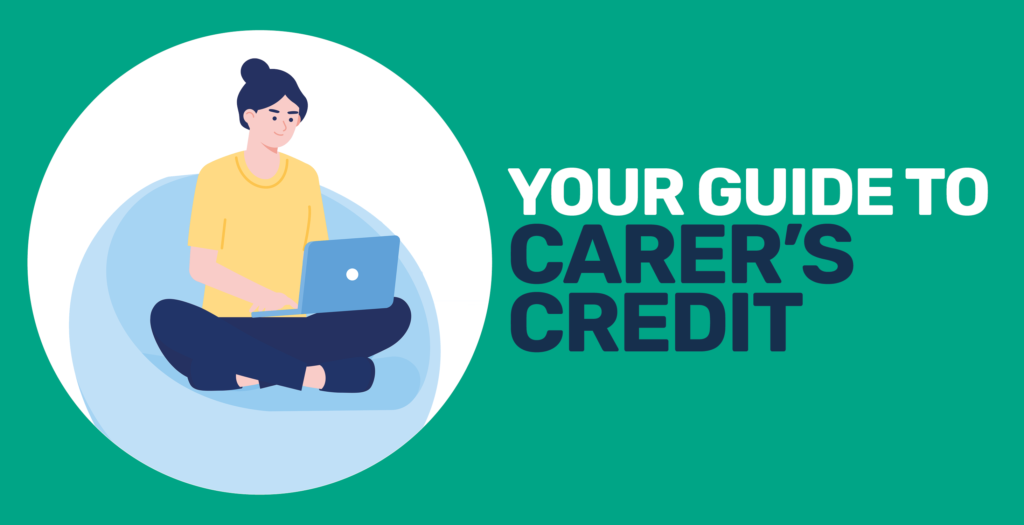Carer's Financial Support can come in all shapes and sizes. Below you will find a wide variety of support available to unpaid carers.
Benefits can be complex, and we always encourage you to access specialised support for your situation, you can get free support and benefit advice from The Community Advice Hubs and Citizens Advice Bureau.
Carer's Financial Support can come in all shapes and sizes. Below you will find a wide variety of support available to unpaid carers.
Benefits can be complex, and we always encourage you to access specialised support for your situation, you can get free support and benefit advice from The Community Advice Hubs and Citizens Advice Bureau.
Quick Access
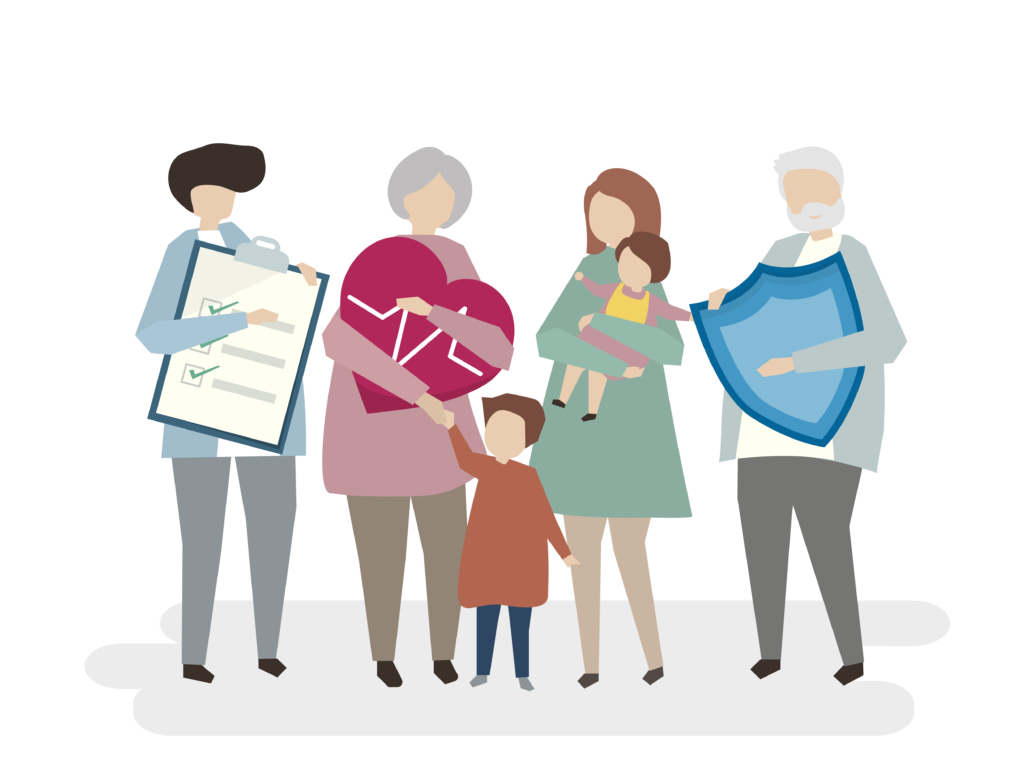
Carer's Allowance
Carer’s Allowance is the main benefit for unpaid carers. It’s for those who care for someone for 35 hours or more each week (and aren’t studying full-time) while earning below £151 per week.
Claiming it might affect other benefits, like Universal Credit.
You can learn more by reading Your Guide to Carer’s Allowance
Carer's Direct Payment
To receive this type of payment, you must first undergo a carer’s assessment.
If you’re over 18 years old and provide regular unpaid care for someone, you are entitled to a carer’s assessment. If the assessment determines that you are eligible for care services support, you may be offered a direct payment instead of receiving support arranged by the local council or trust.
Generally, direct payments are provided to help you purchase items or services that support you in your caring role and address the needs outlined in your support plan. For example, the payment could be used for a gym membership, hobby materials, or a short break.
Direct payments are not considered income and will not affect any benefits you receive.
Carer's Credit
Carer’s Credit is a National Insurance credit (not cash) that counts towards entitlement to benefits like the State Pension. It’s available to those who care for at least 20 hours a week and are under State Pension age (65 years).
You can learn more by reading Your Guide to Carer’s Credit
Carer's Element of Universal Credit
The ‘Carer’s Element’ of Universal Credit is an additional payment of around £198.31 per month, for those who care for someone for at least 35 hours a week.
The person you care for must be receiving a qualifying benefit:
- Attendance Allowance, or
- Pension Age Disability Payment (Scotland), or
- The highest or middle rate care component of Disability Living Allowance or Child Disability Payment, or
- Daily living component of Personal Independence Payment, or
- Armed Forces Independences Payment, or
- Constant Attendance Allowance of £88.70 per week paid with Industrial Injuries Benefit or War Disablement Pension.
You do not have to claim Carer’s Allowance to get this element.
Learn more about this Carer’s Element by clicking here.



What Other Benefits Are Available?
Blue Badge
If you or the person you care for have a disability (including hidden disabilities), you may be eligible for a Blue Badge, providing access to parking benefits and exemptions in certain areas.
You can learn more and apply for your Blue Badge by clicking here.
Pension Credit
For those aged 65 or over with a low income, Pension Credit can assist with housing costs, and if you, the carer, have a severe disability, you may receive an additional £81.90 a week. If you also receive Carer’s Allowance, then your payments will increase.
If your State Pension is below the Carer’s Allowance rate, the difference will be topped up.
You can read more with ‘Your Guide to Carer’s Allowance’ by clicking here.
Council Tax Discounts
You may qualify for a reduction in council tax, depending on living arrangements and the person you care for.
Benefits for the Person you care for
Attendance Allowance
For those over 65, Attendance Allowance helps with the costs of day-to-day living. Read more about Attendance Allowance by clicking here.
Personal Independence Payment (PIP)
For individuals with disabilities aged 16 and over, PIP helps with living costs. Read more about PIP by clicking here.
Disability Living Allowance (DLA)
For children under 16 with disabilities, DLA provides financial support. Read more about DLA by clicking here.


Help with Healthcare Costs
Carers may be entitled to free healthcare services, including prescriptions, flu vaccinations, and support for ongoing care needs like NHS Continuing Healthcare.
The Turn2us Benefits Calculator provides a quick but detailed benefits check.
For more personalised advice, you can reach out to your local Citizens’ Advice Bureau.
NHS Continuing Healthcare Funding
If the person you care for has long-term or complex health needs, and is an adult, then you may be eligible for Continuing Healthcare, funded by the NHS. It allows the person you care for to stay at home or in a care home, but still receive dedicated social care based on their needs.
For children and young people, they may be entitled to a ‘continuing healthcare package’, if they have needs dues to disability, illness or accident that can’t be met by existing services alone.
Click here to read a guide about Continuing Healthcare
Click here to learn more about Continuing Care Packages in Solihull
Here at Carers Trust Solihull, we often hold workshops regarding Continuing Healthcare, where you can find have your questions answered, and be supported.
You can find and register for our events & activities by clicking here.
NHS Low Income Scheme
If you have a low income, then you may be able to get help with NHS costs via the NHS’ Low Income Scheme (LIS).
The scheme covers costs for prescriptions, dental, eye care, healthcare travel, and wigs and fabric supports.
You can apply for the scheme as long as you do not exceed the capital limit which, in England, is:
- £23,250 for people who live permanently in a care home
- £16,000 for everyone else



Energy Support for Carers
Heating Benefits
There are various heating benefits available to help with winter energy costs, such as grants and reductions for eligible individuals, including Cold Weather Payments, and Winter Fuel Payment.
Free Gas Checks & Priority Register
If you or the person you care for is disabled, elderly or vulnerable, providers, British Gas for example, will provide annual gas safety checks. Simply sign up to their Priority Service Register. By being on your provider’s Priority Service Register, they will know that you have vulnerable people at home. Therefore, should you have any issues with gas supply, they will make you a priority and get your supply up and running again. It should be noted that water and electricity suppliers should also have their own Priority Service Registers. Check with your provider on what support they can give you.
Energy Debt Support
Act on Energy is a national charity that can help you by, among other things, negotiating with your energy supplier, to lower your bills. They also offer tips, guidance and tools that can help you lower your bills or to make your home more energy and heat efficient. You can hear from Act on Energy on our Carers Talk podcast by clicking here.
Grants for Energy Debts
Energy suppliers may be able to help with energy debt, by offering you support and grants. The British Gas Energy Trust offers grants schemes, even if you are not a customer.
Speak with your supplier about any support they can offer, or get in touch with Act on Energy by clicking here. They will be able to help you further.
Water Bill Support
Severn Trent Water customers with income below £21,048 can see a reduction on their water bills, with The Big Difference Scheme.
Another scheme that may be beneficial for carers is Watersure. It is to help those who use a lot of water due to medical conditions, and can help you reduce your water bill.
Scope, a national charity, can help you reduce your energy and water costs, with advice, guidance, benefits, grants and support.
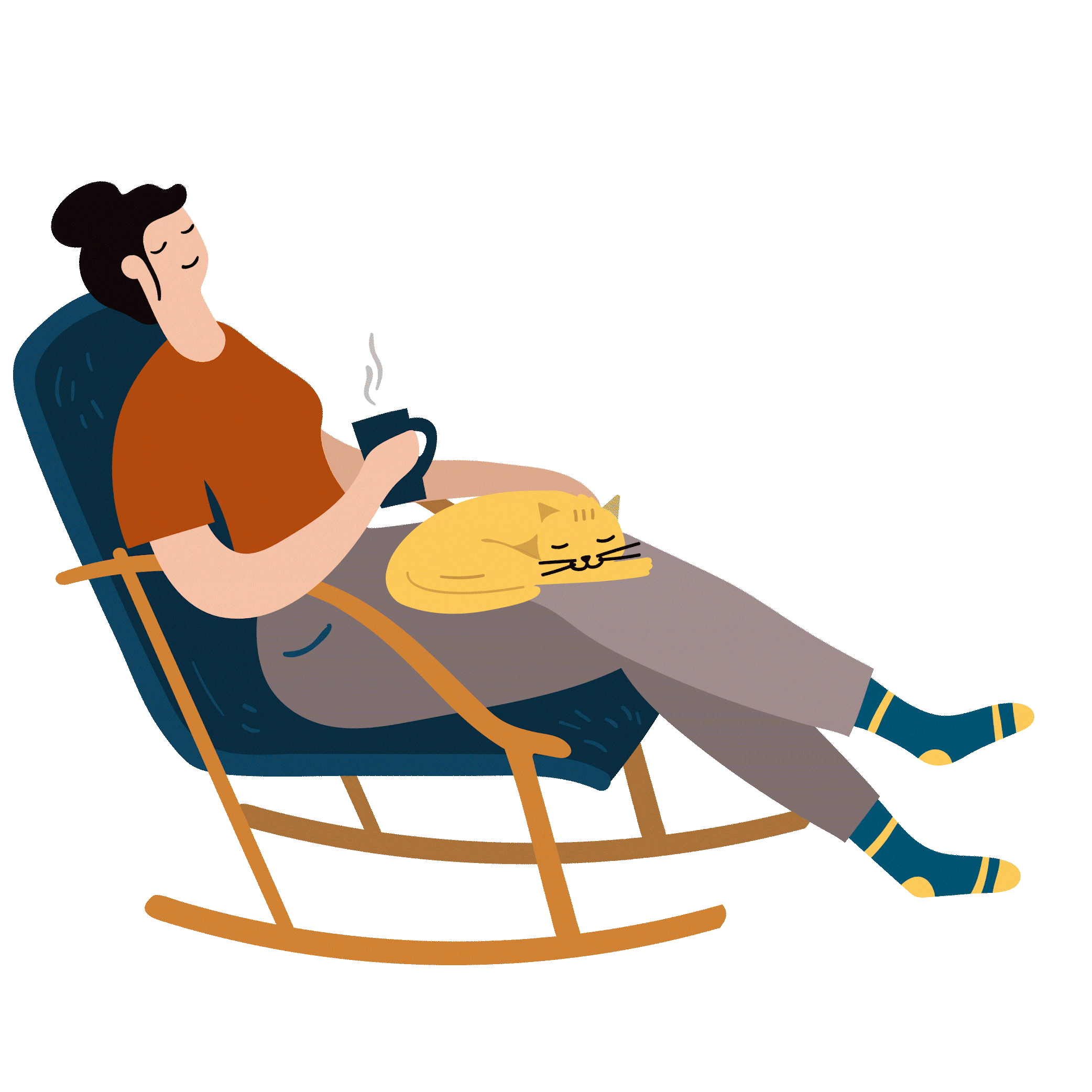


Respite Support
There are different methods of funding and support that offer respite opportunities for unpaid carers. You can read more about “Free breaks and holidays for carers & families” using our guide by clicking here.
We are partnered with “Carefree“, who provide carers with short breaks around the UK, for the amazing price of just £33. You can learn more about Carefree by clicking here.
If you would like to take advantage of this offer, then please get in touch with us. Our contact information can be found by clicking here.
Education Support
Every year, the Open University offers a Carers’ Scholarship, allowing unpaid carers to study an Open University undergraduate qualification for free!
You can learn more and apply for the Carer’s Scholarship by clicking here.
In 2019/20, more than two thirds of freshers did not apply for a scholarship or bursary, and the most common reason why was they didn’t know they were eligible. Scholarships, bursaries and grants do not have to be repaid and can make a huge difference to your student finances. So, if you are going into university or planning to in the near future, then ask your university what kind of support they can offer.
You can learn more about scholarships, grants and bursaries by clicking here.
Disabled Students Allowance is funding to support your study-related costs due to a mental health problem, long-term illness or any other disability. It can help with specialist equipment and software programs, a BSL interpreter and other disability-related study support.
You will not need to pay back your DSA.
Learn more about Disability Students’ Allowance by clicking here.
You may still be eligible for Carers Allowance if you are studying less than 21 hours per week. Learn more about part-time studies and benefits by clicking here.
Legal Support
You may already know about ‘Lasting Power of Attorney’ from our dedicated Carers Talk podcast episode found here. Whether you are or aren’t, you should know that there is an £82 application fee. However, if the person you care for is a receiving a means-tested benefit, then this fee can be waved.
Learn about these benefits and view the Lasting Power of Attorney application form by clicking here.
There are charities and organisations that can offer you with free legal advice and support. One of your first ports of calls would be Citizens’ Advice Bureau, who can offer you with signposting and advice on a variety of topics.
You can find a list of useful organisations by clicking here.
Benefits Calculator
Find out what benefits you may be entitled to as an unpaid carer with Carers Trust’s free online benefits calculator. Get step-by-step guidance on Carer’s Allowance, Universal Credit, Council Tax Support, grants, and financial help. Start your calculation today to see how much you could claim.
Further Information
More Carers Essentials Guides
Read more helpful guides to assist you with your caring journey!
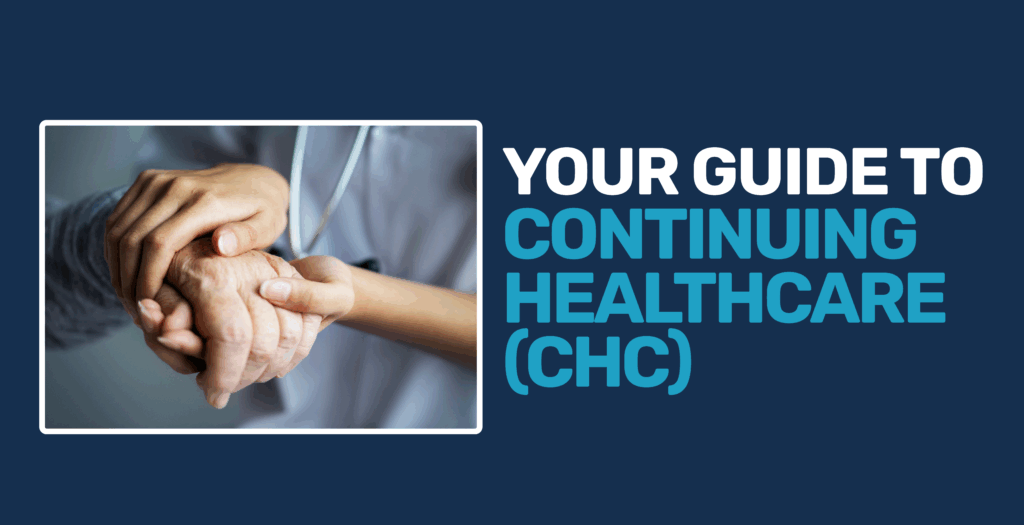
- 3 minutes |
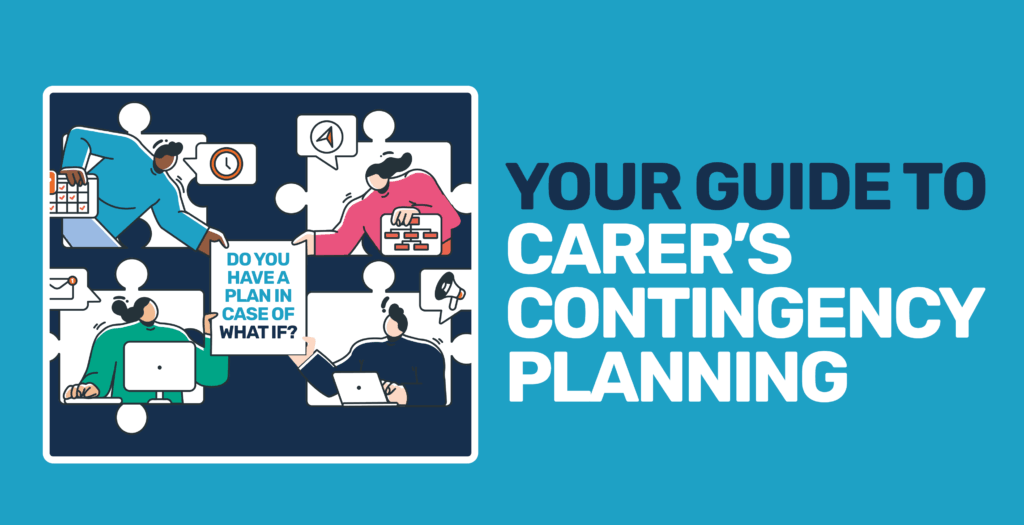
- 11 minutes |
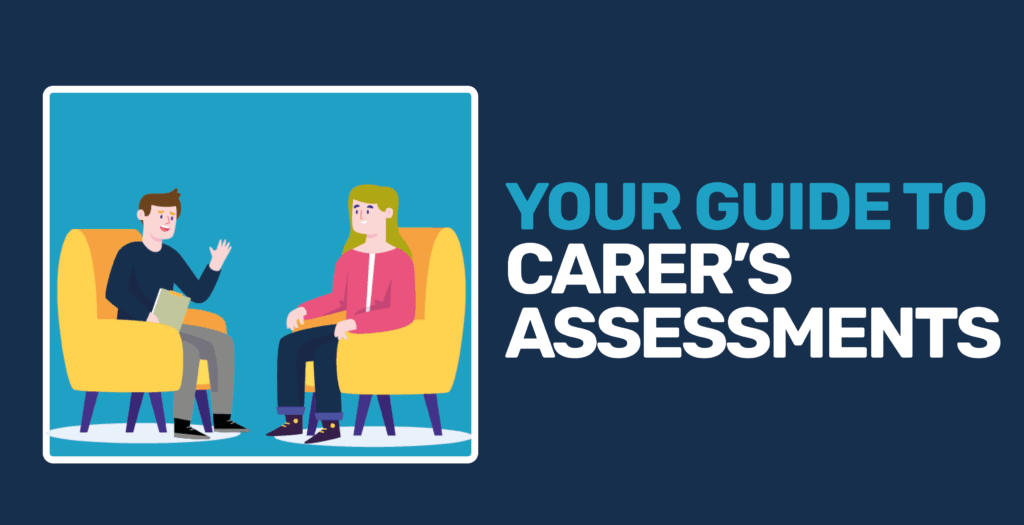
- 7 minutes |
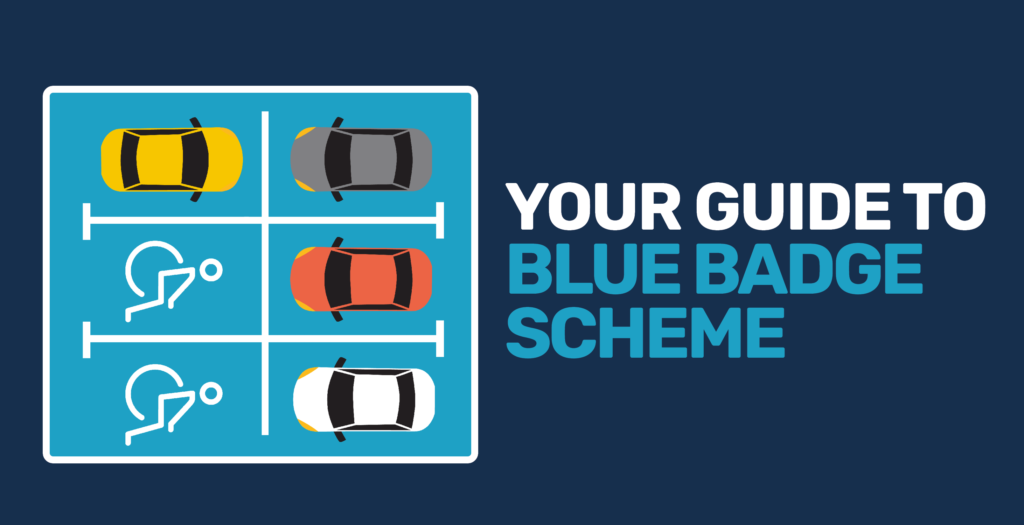
- 11 minutes |
